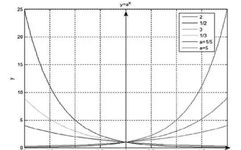Chengdian Guoxin FPGA Course: Highly Rated Training Program
Which FPGA Training Program Has the Best Reputation Chengdian Guoxin’s 6 Iterations of FPGA Courses Are Super NICE FPGA (Field Programmable Gate Array) is considered the king in the field of artificial intelligence. With its powerful parallel processing capabilities and highly flexible programming characteristics, it plays a crucial role in the development of artificial intelligence. … Read more







